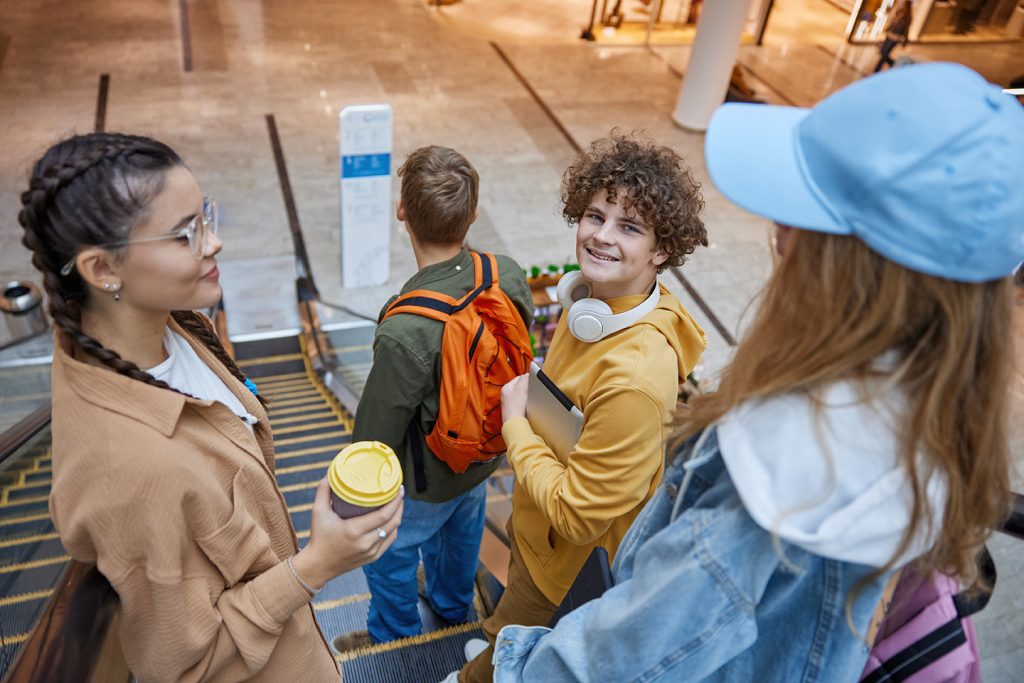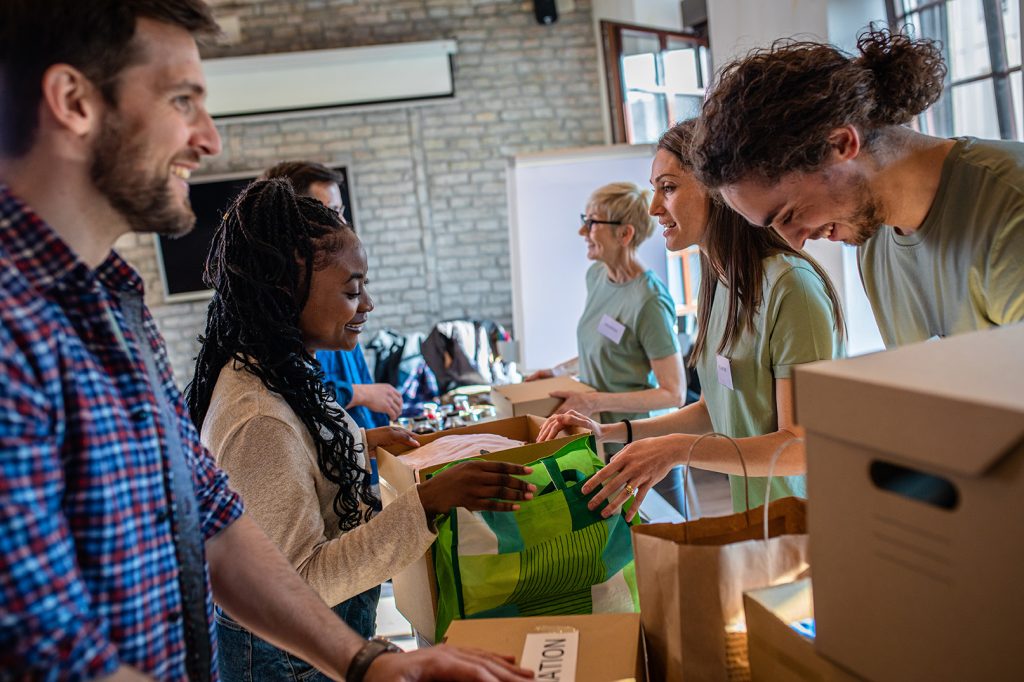BELONGING & ENGAGEMENT
Participation in civic life contributes to the wellbeing of our community and to our sense of connection to one another. By engaging, we foster leadership that helps build and maintain a vibrant community.
SENSE OF BELONGING
In 2021/22, South Vancouver Island population who felt a somewhat strong or very strong sense of belonging to their local community :
SOURCE: STATISTICS CANADA
 POLICE-REPORTED HATE CRIMES
POLICE-REPORTED HATE CRIMES
In 2024, there were80police-reported hate crimes in the Victoria CMA, a rate of 18 per 100,000 population
Up from the region's 2023 rate (12)
Above the rate for BC (12) in 2024
Above the rates across all CMAs (14) in 2024
The region’s hate crime rate rose from 8.5 (35 incidents) per 100,000 population in 2020.
SOURCE: STATISTICS CANADA

YOUTH CONNECTIONS
In South Vancouver Island, youth, aged 12-19 years, in 2023
94% had at least one close friend in their school or community, although they were less likely to have three or more of these friends than before the COVID-19 pandemic (70% vs. 82% in 2018).
There were no changes in how many online friends they had whom they had never met in person (33% in 2023, including 14% who had three or more such friends).
75% had at least one adult friend in their neighbourhood or community (outside of their family and school) who they felt cared about them, similar to youth throughout BC.
Youth were more likely than those in 2018 to have an adult to turn to when they had a serious problem: 75% had an adult inside their family they could turn to (vs. 71% in 2018), 37% had one outside their family (vs. 31%), and 28% had both (vs. 21%).
SOURCE: MCCREARY CENTRE SOCIETY
CHARITABLE GIVING
Tax filers who made charitable donations in 2023
GREATER VICTORIA Down from 21% in 2022
BRITISH COLUMBIA
CANADA

2023 Median donation in Greater Victoria
$540
Below BC median ($570) in 2023
SOURCE: STATISTICS CANADA
Giving Attitudes and Behaviours of Multicultural Canadians
Major findings of Imagine Canada’s 2024 Multicultural Charitable Giving Study include:
- 66% of multicultural Canadians view the charitable sector positively
- 80% donated to charitable causes in the previous year, making an average contribution of $795; 60% expressed a desire to donate more in the future
- 57% would be more likely to donate more if they were asked more often or knew where to give
- Primary drivers for giving are showing compassion (83%), doing the right thing (81%), and belief in the cause (81%); personal incentives (52%) or recognition (37%) are less important
- 74% support teaching children about philanthropy
- 76% who have been in Canada 5-10 years donate regularly, compared to 40% who have been in Canada for less than three years
SOURCE: IMAGINE CANADA
THEN & NOW
From our first Vital Signs report (2006): In 2004, 30% of Greater Victoria tax filers made charitable donations and the median donation was $290.
SOURCE: STATISTICS CANADA

COMMUNITY IN FOCUS
Uplifting Indigenous Self-determination
The Capital Regional District (CRD) has signed Memoranda of Understanding (MOU) to formalize government-to-government relationships and commit to working together on key priorities with the W̱JOȽEȽP (Tsartlip), W̱SÍKEM (Tseycum), XʷSEP̱SƏM (Kosapsom), and STÁUTW̱'s (Tsawout) Nations.
The MOUs will foster a more inclusive approach to regional government with new processes for respectful and reciprocal government-to-government decision-making. The MOUs will promote deeper understanding and respect for each other’s governance structures, cultural values, and perspectives.
CRD and Nation staff will meet regularly to support ongoing communication and implementation of shared workplans to address priorities in the MOUs. Leadership and elected representatives will hold annual government-to-government meetings. These connections will foster stronger relationships, build trust, and ensure all parties remain aligned in their shared goals and stated commitments.
SOURCE: CAPITAL REGIONAL DISTRICT







